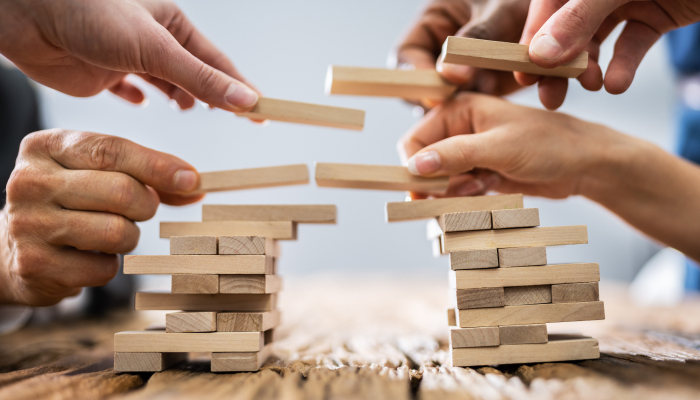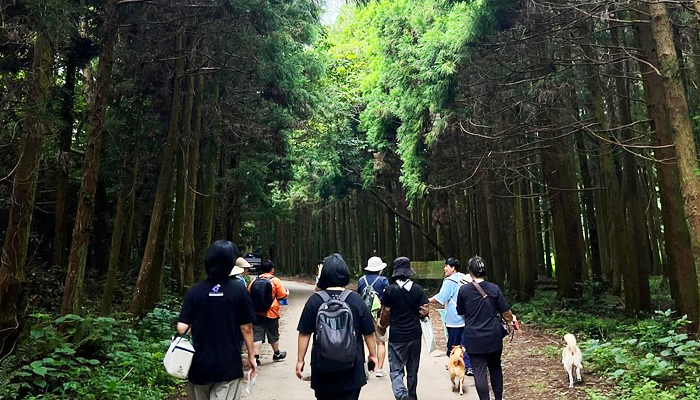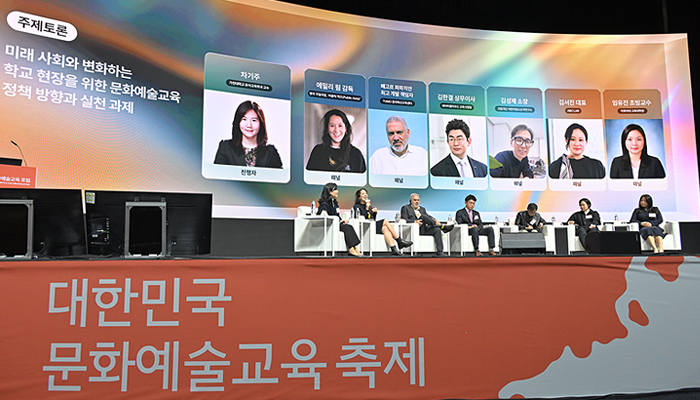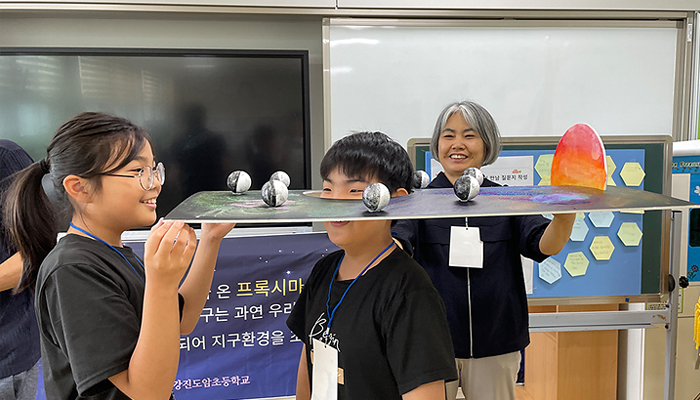
It was from June 13 to June 17 when ‘The 2011 Training Program for the Local Culture Specialists in Korea’ took place in Grace Hill Training Center located in Ganghwa Island. Approximately 70 people including local culture administrators, local culture activists, and public officers have participated in this training program.
For the development of the local culture
The first lecture was delivered by La Do-sam, an instructor from Seoul Development Institute, regarding ‘The Power of the Local Culture, How It Is Possible to Activate the Local Culture’. La introduced some successful cases of Seoul and other countries and said “The arts and culture is formed only when an action is taken within the relaxed and enough space.” He also mentioned that it is important to develop ‘fun’ contents as an example of a strategy for developing the local culture.
The next lecture was given by Ahnyi Yeong-no, a culture critic, in regard to ‘A Humanity-oriented Approach to the Local Culture Resources, and Excavation.’ He talked about a sustainable future and regeneration of the local culture by showing various local arts and culture festivals. He concluded that we are to try to activate the local community by looking at the local culture from the view point of humanity based on understanding in human being.
I could not help agreeing with both of the instructors during their lectures. I was happy that I was able to take part in this training course. I assumed that all the other activists, who were in the same place at the same time, must have felt the same as what I did. We were able to get to know one another through the human network time arranged in the evening. Their face was full of thrill and achievement. The first day of the training course has passed remaining a lot of laughter and happiness.

Realizing the power of the local culture
During the second day of the training course, all the participants were divided into group A and B to share their ideas and examples of specialization of their local culture resources. I belonged to group B and listened to Mr. Shin Dong-ho’ s experiences in his area. He said he realized that the personal stories of each resident become the history of the village while he was working on making a photo album for the elderly in his village.
After the group discussion, the participants went to the auditorium to join ‘The Keyword 100 for Culture Planning’ prepared by Lee Seon-cheol, the CEO of the Potatoblossom Studio. We were able to think about culture planning in detail while picking up 100 keywords. After this, we began a team workshop, which is the highlight of this training program. Everybody shared their experiences and talked about different local culture resources based on their own environment in order to produce an outcome. All the participants were active in having a debate to share their ideas about their future projects.
Environment as a basis of the local culture
The third day, all the participants took part in respective classes with different topics of their interests. One of the classes was ‘Research on Designing A Creative Local Culture Space by Using A Design Process’ given by the instructor Ryu Je-hong from Community Design Institute. We were able to think about the fact that the space defines the culture and life of the resident while reviewing various cultural spaces of the world.
Another lecture under the title, ‘Is It Possible to Activate A Sustainable Local Economy by Community Business and Local Culture Resources?’ was delivered by the instructor Jeong Nam-shik from Culture and Community Center. In this lecture, all the participants were able to analyze the problems which exist in their actual environment and tried to find possible solutions.
The participants had an opportunity to visit local culture activity sites during their fourth day. It was Baedari History and Culture Village and Art Platform in Jung-gu, Incheon. The Incheon Art Platform used to be an old warehouse, but it is now a multicultural space which exhibited a variety of local culture created by the local artists. It was impressive to see the old space turned into a new stage for the local cultural activity.
Possessing a newly charged passion
All the participants gathered together in order to give a final presentation on the last day. Five days flew by while taking the lectures, visiting the spots, and having debate. The presentation session was filled with achievement and accomplishment. Many people talk about ‘the local culture’, but they really do not know what it really means. However, I believe that all the participants including myself were able to have their own definition on the local culture now through this training course.
Written and photographed by Kweon Jeong-hyo (Correspondent in Gwangju)
기사가 좋았다면 눌러주세요!
비밀번호 확인


















댓글 남기기